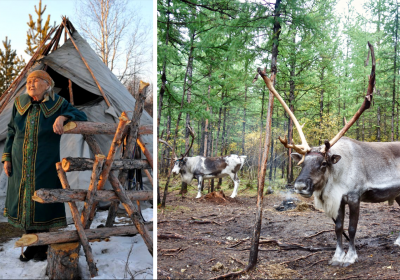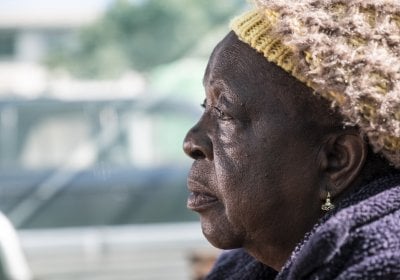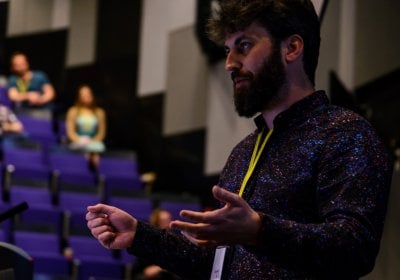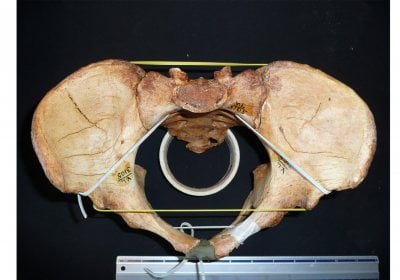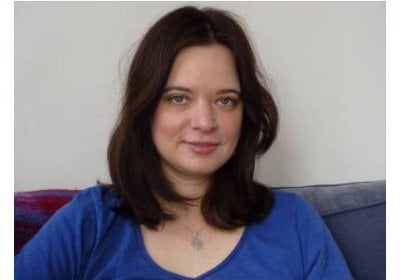A biosocial perspective on women’s early marriage in rural India and Nepal
By convention, early marriage (<18 years of age) is considered a socio-cultural decision sensitive to factors acting during adolescence, such as poverty and low education levels. However, both minimum marriage age policies and interventions targeting these factors have had lower-than-expected success. Dr Akanksha Marphatia’s research explores whether a broader biosocial perspective can help us to better understand the underlying predictors and consequences of women’s early marriage.
Using data from a longitudinal biomedical study in rural India, she will present findings on the life course factors associated with women’s early marriage. Results suggest that markers of low investment in early life accelerate the transition to adulthood through early marriage, consistent with the concept of future discounting in life history theory. In rural lowland Nepal, she will draw on data from a cluster randomised control trial on the potential consequences of women’s early marriage. Here, she finds that in a context where marrying early is the norm, there may be trade-offs in not only marring too early, but also too late. She will also discuss the implications of her findings for research and policy.
Speaker
Dr Akanksha Marphatia, UCL Great Ormond Street Institute of Child Health
Akanksha is currently an Honorary Research Associate at UCL Great Ormond Street Institute of Child Health. She recently worked on a joint UCL and University of Cambridge project investigating the consequences of variability in women’s marriage age for maternal and child health and human capital outcomes in rural lowland Nepal. She has a PhD in Human Geography from the University of Cambridge, and previously worked in international education and gender policy throughout South Asia and sub-Saharan Africa.
Please note that this session will not be recorded
Admission
Contact

